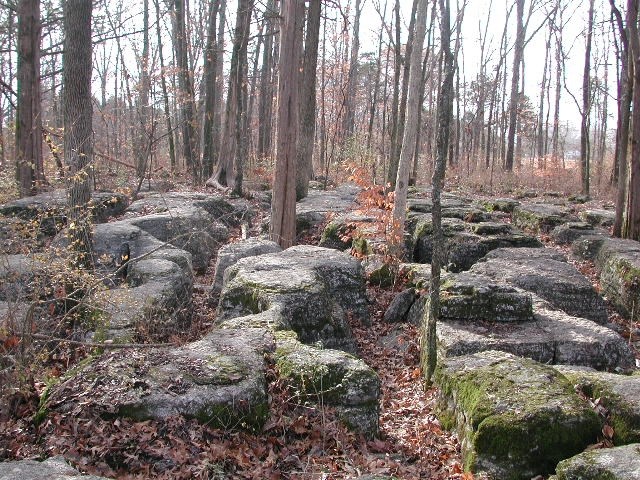Last updated: September 19, 2024
Article
Defending the “Slaughter-Pen” from Modern Development at Stones River

Courtesy of NPS, Stones River National Battlefield
Recipient: Town of Murfreesboro
Amount: $3,971,530.20
Acres: 31.6
After spending the previous evening listening to the bands from both armies play music into the night, Confederate and Union soldiers woke-up on the morning of December 31, 1862, knowing there would be a battle. The generals for both sides had planned to attack, but the Confederates took the initiative first, advancing in a massive flanking maneuver against the unprepared Union Right. At what became known as the slaughter-pen, three brigades under the command of Union General Philip H. Sheridan suffered heavy losses, fighting to slow the Confederates and buy time for the rest of the Union Army to redeploy into stronger defensive positions. The cost of this delaying action was enormous. Sam Watkins of the First Tennessee Infantry, said “I cannot remember ever seeing more dead [Union] men, horses, and captured cannon all jumbled together, than that scene of blood and carnage.” However, even with these loses, the battle of Stones River continued for two more days and ended in a Union Victory, due to their determined defense of places like the slaughter pen. Today, the Town of Murfreesboro, Tennessee is working to permanently preserve a portion of this key terrain.
Using the financial support of a Battlefield Land Acquisition Grant, the Town of Murfreesboro will protect over 30 acres of the Stones River Battlefield from commercial development using a conservation easement. A preservation action that has the added benefits of mitigating water run-off and providing passive recreational space to the local community. The town intends to explore options for turning the property into a small park and provide interpretive waysides in the future.
Battlefield Land Acquisition Grants from the National Park Service’s American Battlefield Protection Program empower preservation partners nationwide to acquire and preserve threatened Revolutionary War, War of 1812 and Civil War battlefields. In addition to this grant opportunity, the program provides financial assistance for related projects through Battlefield Interpretation Grants, Battlefield Restoration Grants, and Preservation Planning Grants, generating community-driven stewardship of historic resources at the state, tribal and local levels.
